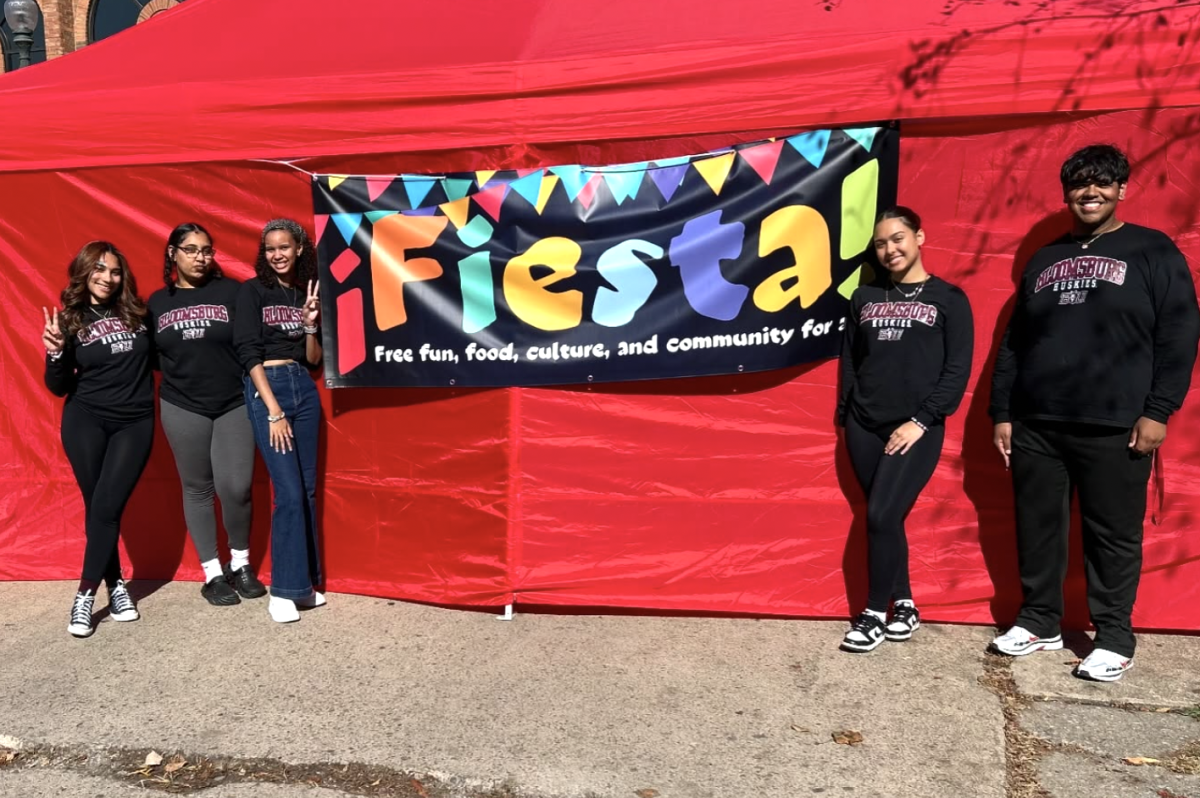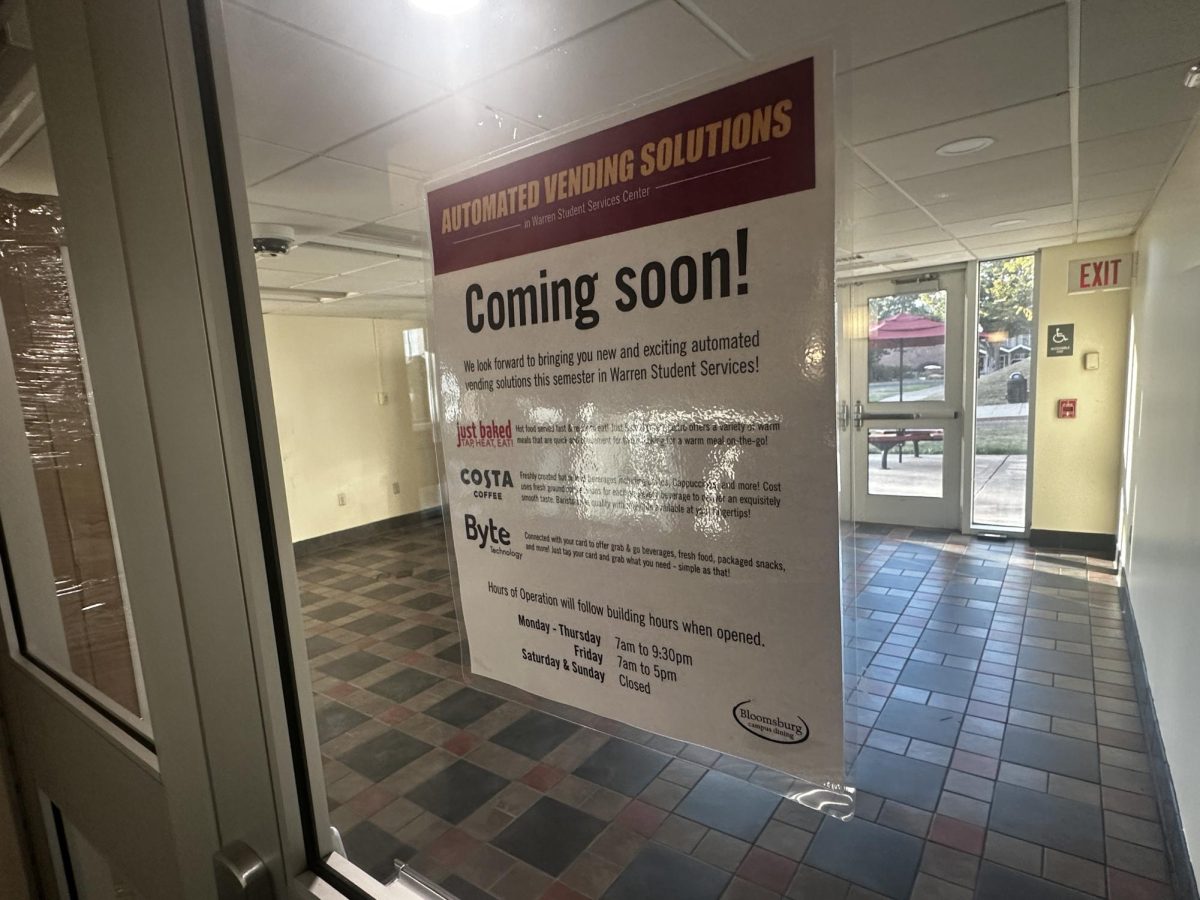The Fredrick Douglass Institute for Academic Excellence are having three events this week for the African American Scholarship. One of the events was held on Monday where journalist Brent Mockin spoke about the impacts in urban and African American communities from environmental injustice. Mockin was introduced by Christian Austin from the graduate college affairs in Bloomsburg University who is also Mockin’s sister.
Mockin named some of America’s famous conservationist in history, people like Gifford Pinchot and Madison Grant. Grant was known as the father of wildlife management yet was responsible for writing one of the most famous works of scientific racism; ‘The passing of the great race. Mockin explained how the book was praised by Hitler and he compared Grant’s speeches to Trump’s in relation to climate change and immigration.
“They were protecting the land but it was no argue what they were protecting the land for,” said Mockin.
He then talked about former president Teddy Roosevelt. Mockin believed that he refused to prioritize black lives and rather was more concerned in protecting trees in a time where African Americans needed the president the most.
He transitioned into the current issue with environmental injustice in minority communities in America that began with ‘Soul City’ in the early 1970s. Soul City was a project started by Civil Rights activist Floyd Mckissick in the state of North Carolina. He wanted to build a black community for black empowerment. The mission was to have their own black businesses, black engineers, black architects and more. The project was funded by President Nixon but unfortunately the project was left unfinished because of the landfills that were dumped in the city.
Mockin stated that landfills filled with chemicals and cancerous toxins are most likely placed in Black/Hispanic neighborhoods than white.
“Evidence shown that this was not only in North Carolina but throughout the United States and nothing has changed since. People of color are more likely to live near polluters and breath in polluting air than whites.” said Mockin.
Hurricane Katrina and the Flint water crisis in Michigan was some of the many examples of environmental injustice in minority communities that Mockin mentioned.
“When you watched the news you only saw black people on top of their roofs but everyone got hit during that hurricane. It’s not about who gets hit but who has the resources to recover. All the houses in the white neighborhoods that got destroyed were rebuilt, they got their jobs back with full insurance coverage while barley of the homes in the black neighborhoods that got hit were touched. Those people are still suffering” said Mockin.





















